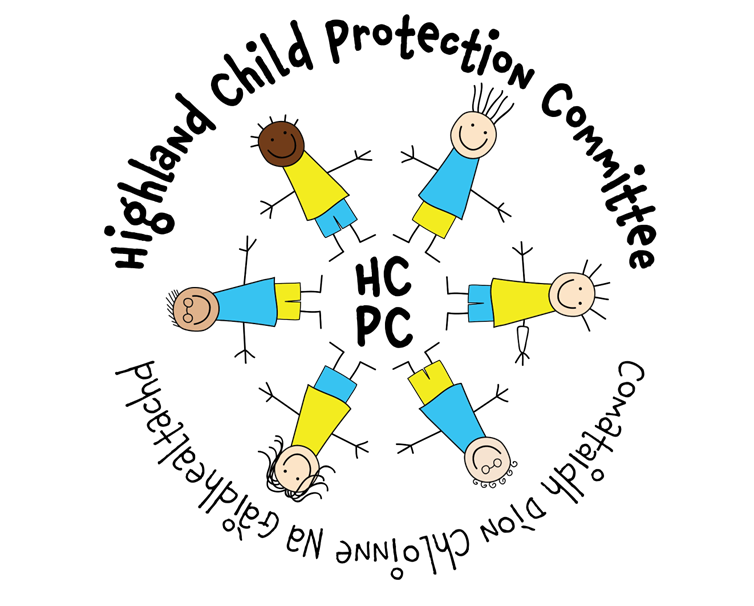Involving children and families in child protection processes

Children must be helped to understand how child protection procedures work, how they can be involved, and how they can contribute to decisions about their future. Children’s views must be sought and listened to at every stage of the child protection process and given information about the decisions being made as appropriate to their age, stage and understanding. Preparation is needed for key meetings.
Advocacy services may assist in this process. Consistency of advocacy worker should be sought when they are involved. Within the context of Children’s Hearings, Section 122 of the Children’s Hearings (Scotland) Act 2011 has been implemented from 2020, opening up the offer of advocacy nationally.(Advocacy in the Children’s Hearings System – National Practice Model – Guidance).
When a child has additional support needs, is deaf or has a hearing impairment, has a disability, or when English is not their first language, advice and support is required to ensure that they are fully involved in what is happening.
Some children may have experienced grooming, or coercion including threats, and they may fear reprisals if they disclose. In some instances, a child or young person may be too distressed to speak to investigating agencies, or they may believe that they are complicit in the abuse. Materials developed as part of the National Trauma Framework are relevant.
A thorough assessment should be made of the child or young person’s needs, and services provided to meet those needs. Therapeutic, practical and emotional support may be required. Consideration should be given to confidential and independent counselling services for victims and families.
Agencies who know the child or adult, including Third Sector organisations, may be involved in planning the investigation to ensure that it is managed in a child-centred way, taking care not to prejudice efforts to collect evidence for any criminal prosecution. Guidelines should be agreed with local Procurators Fiscal and counselling and welfare services on disclosure of information to avoid the contamination of evidence.
Parents and carers should be treated with respect. Where possible and appropriate they should be leading contributors to safety planning. They should be given as much information as possible about the processes and outcomes of any investigation. Parents and carers should feel confident about their part in safety plans. They need to be confident that practitioners are being open and honest with them so that they, in turn, feel confident about providing vital information about the child, themselves and their circumstances. Working in partnership with one or more family members is likely to have long-term beneficial outcomes for the child, and staff must take account of a family’s strengths as well as its weaknesses. Practitioners must seek to achieve a shared understanding with parents about concerns and about steps needed to ensure safety.
Parents, carers and family members can contribute valuable information, not only to the assessment and any subsequent actions, but also to decisions about how and when a child will be interviewed. Children and families need time to take in and understand concerns and processes. The views of parents and carers should always be recorded and taken into account. Decisions should also be made with their agreement, whenever possible, unless doing so would place the child at risk of significant harm or impede any criminal investigation.
Parents and carers, and children of sufficient age and understanding, should be given a written record of decisions taken about the outcome of an investigation, unless this is likely to impede any criminal investigation. In addition to receiving a copy of the decisions (which may include interim safety planning), they should be given the opportunity to discuss the decisions and their implications with a social worker or another relevant professional to ensure shared understanding. This does not mean, however, that parents or carers should attend all meetings which are held in connection with their family. Sometimes, it will be appropriate and necessary for practitioners to meet without parents or carers in order to reflect on their own practice in a particular case, consider matters of a particularly sensitive or confidential nature, or deal with a matter which is likely to lead to criminal inquiries. Consistent and reliable relationships between professionals, parents and carers are an essential part in development of trust.
When there are child protection concerns and one of the parents or carers has learning difficulties, the use of an independent advocacy service, where available, will be considered by the lead professional. Professionals should be skilled, or seek appropriate support, in communicating with parents with learning disabilities.
Practitioners need to take time when communicating. Verbal and written information should be accessible for the person. Extra time will be needed to talk through what is happening.
In cases of familial abuse, practitioners should ensure the non-abusing parent or carer is involved as much as possible. Practitioners need to be wary of making judgements on parents and carers who are likely to be in a state of shock and experiencing great anxiety. While the priority should always be the protection and welfare of the child, practitioners should attempt to engage with the non-abusing parent/carer and determine what supports are necessary to help them care for the child.
Equally, practitioners should be sensitive to the impact of abuse and the subsequent investigation on siblings and extended family members. Consideration should be given to their needs in such circumstances, and to the likely impact on their ability to deal with the situation.
